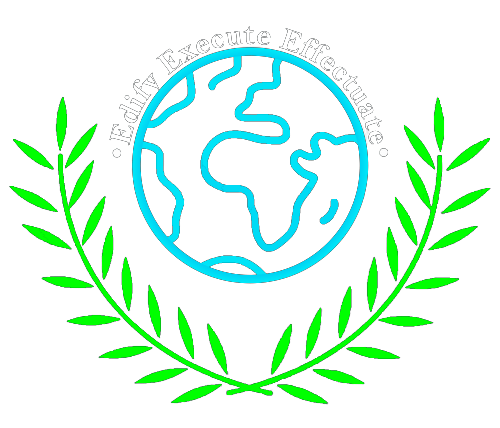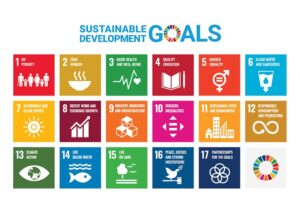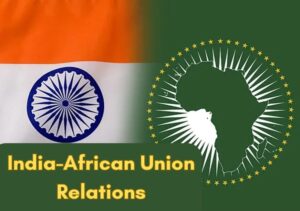
Intellectual property rights in the Digital age
The rapid advancement of digital technologies has significantly transformed the landscape of intellectual property rights (IPR), presenting both new opportunities and unprecedented challenges. This study delves into the evolution of IPR in the digital age, focusing on key domains such as copyright, patents, trademarks, and trade secrets. It examines how digital innovations have altered traditional IP protection mechanisms and enforcement strategies. The rise of artificial intelligence (AI), blockchain technology, and digital rights management (DRM) systems has introduced both sophisticated protection mechanisms and new threats, including large-scale digital piracy, unauthorized content distribution, and the complexities of AI-generated intellectual assets. The paper addresses the global implications of IPR enforcement in an interconnected digital economy, highlighting jurisdictional conflicts, cross-border infringement issues, and the role of international regulatory frameworks.










